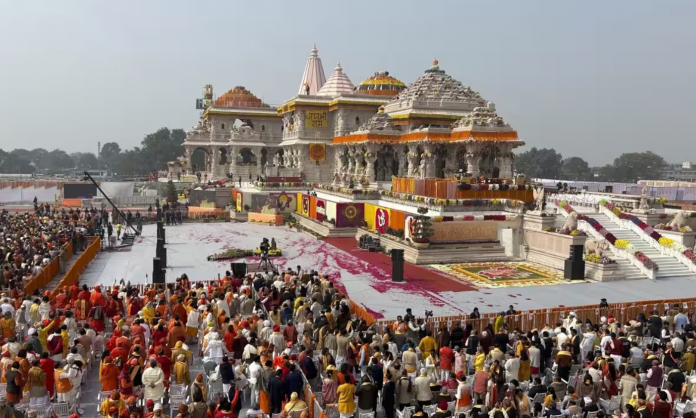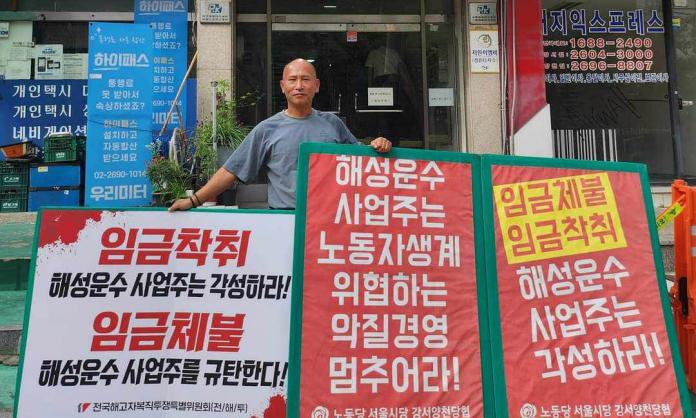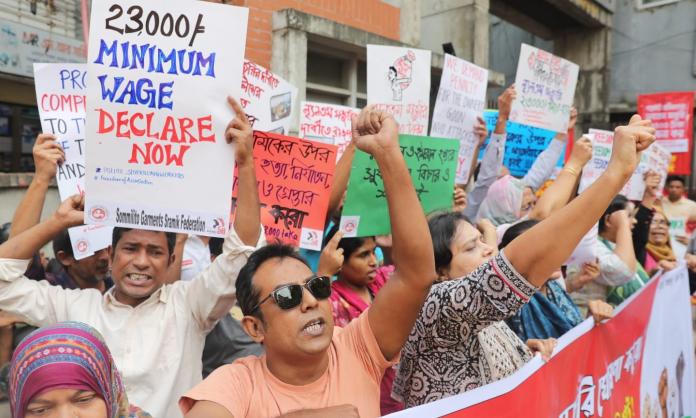At a Melbourne port stop-work meeting on 28 May, independence activist Ronny Kareni spoke to members of the Maritime Union of Australia (MUA) about the situation in West Papua.
He described the lived reality of the Papuan people under Indonesian military occupation. He talked about the ban on foreign journalists and the ongoing violence faced by workers and human rights activists. He detailed the blood that was shed by workers at the giant Grasberg mine – in which Rio Tinto has a stake – where 28 had died in a mine collapse just days earlier. Despite the massive loss of life, Kareni pointed out, “There was no news about it on the front page, not even here in Australia”.
Kareni talked about the union’s established history of solidarity reaching back to 1969, when its members put a ban on Indonesian vessels after a sham “referendum of no choice” handed Indonesia control of West Papua.
In August this year Kareni will be part of a Freedom Flotilla travelling to West Papua from Lake Eyre in South Australia’s Arabunna country. The convoy has been called to shine a light on the struggle in West Papua and as “a symbol of resistance to the destruction caused by multinational mining companies” in both countries. Kareni says of the initiative, “It has received support from ordinary Australians and from the unions. Hopefully it will place pressure on the Australian government to consider the political rights, human rights and also the workers’ rights of West Papuans.”
[Further details at freedomflotillawestpapua.org.]










